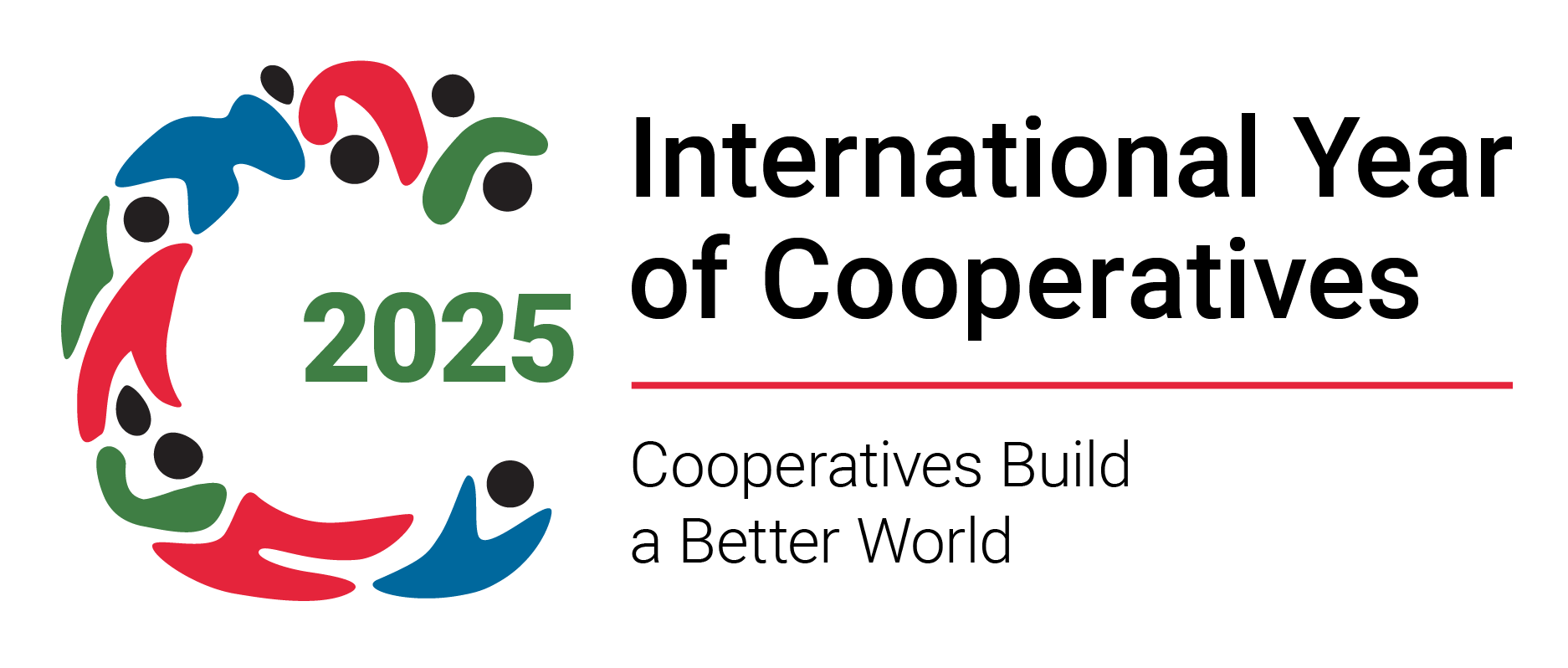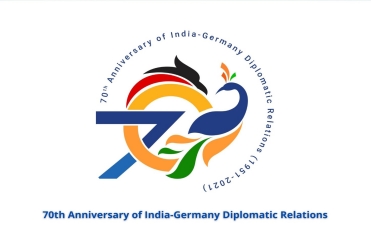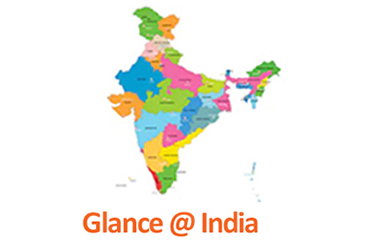- Home
- About Us
-
Consular Services
- Launch of e-Clearance for Afterlife Remains (eCARe) portal
- Instructions regarding entry into the consular Wing
- Reissue of International Driving Permit (IDP)
- Postal Applications
- Visa Services
- Passport Services
- OCI Information
- Renunciation of Indian Citizenship/Surrender Certificate
- Attestation,Consular and Misc.Services
- Weekly Open House
- MADAD - Consular Services Management System
- Indian Community Welfare Fund
- FAQs on Marital disputes involving NRI/PIO spouses

- Public Notices & Circulars
-
Embassy Wings
- Economic & Commercial Wing
- Contacts
- GI Digital Catalogue

- Overview of Indian Economy
- India-Germany Economic & Commercial Relations
- Doing Business in India
- Make in India

- Invest India

- Flagship Programs of Government of India

- Doing Business in Germany
- Trade Fairs
- Trade Dispute Advisory
- Foreign Investment
- Foreign Trade
- Newsletters

- Attestation of Documents

- Community Welfare
- Culture
- Information Wing/Media Center
- Science & Technology

- Political
- Consular
- Defence Wing
- Economic & Commercial Wing
- Media Center
- India-Germany Relations
- MIIM
- Useful Links
- Tenders
Keynote Address by External Affairs Minister at the 14th Annual Conference of Institute for National Security Studies, Israel
January 27, 2021
I am glad to address the 14th Annual Conference of the Institute for National Security Studies, which is not only a leading think tank in the region but also continues to provide some of the sharpest analyses of its dynamics in the region.
2. As a new Administration takes office in Washington D.C., it is natural that the world would reflect on the changes that it portends.Those following American politics would agree that its policies and initiatives will focus on rebuilding and revival. This has become an overriding priority after the devastation caused by the Covid pandemic. Because globalization has impacted its economy so deeply, this is equally a foreign policy issue. Therefore, we have already heard President Biden stressing the necessity of formulating policies addressing the well-being of the American middle class. Similarly, his closest advisors have spoken of a new US industrial strategy to address the distortions of the current trading system. The concerns, in many ways, are perhaps more constant than the manner of their articulation. If there is a message for the world, it is to go beyond politics and recognize what are the real shifts in American thinking.
3. The United States has been actively and continuously engaged in commitments abroad for almost two decades. This is a long time by any standards. There are again opinions about both the causes and outcomes. But that said, the challenges of the world will not go away and the United States, as a pre-eminent power, will have to grapple with them. The world will ofcourse hope that the long view will prevail. This means smart applications of power and influence abroad, as well as strong partnerships. It is also necessary that solutions to current conflicts are arrived at through broader consultations.
4. Like the rest of the world, the US too has been coming to terms with the rebalancing of the global power distribution. This has been accelerating over the last decade and would probably continue. No amount of wishful thinking can turn the clock back. Obviously, the Administration would survey the landscape that it has inherited and respond to the contemporary requirements. Nowhere have the changes been sharper than in Asia. So presumably, it would also be reflected now in policy formulation.
5. West Asia, or the Middle East, has witnessed remarkable events in recent months. The Abraham Accords have opened up possibilities that could not have even been imagined earlier. At the same time, lasting solutions do have to be found for the perennial challenges. The international community has vital stakes in the stability and prosperity of this region.
6. The priorities of the incoming Administration would obviously help shape a new global agenda. At the heart of that should be a recognition of the indivisibility of our existence, and therefore, of our challenges. Climate change, pandemics and terrorism would surely rank foremost among them. Strengthening multilateralism is also imperative if such issues are to be addressed effectively. Reforming the architecture and even the working of international organizations is in our common interest.
7. Where climate change is concerned, an American return to upholding global commitments will be widely welcomed. India reflects both its own beliefs and world opinion today as it ramps up its renewable energy targets, expands its forest cover, enhances its bio-diversity and focusses on effective water utilization.It has also led two major international initiatives, the International Solar Alliance and the Coalition for Disaster Resilient Infrastructure. A stronger consensus on seriously addressing the climate change challenges has obviously its own implications.
8. Combating pandemics will naturally dominate the global agenda in the coming days. The inter-dependent nature of our life means that no one is safe till everyone is safe. If there was one occasion where the limitation of purely national actions was visible, it was in the response to Covid-19. As a country that provided during this pandemic medical supplies and equipment to more than 150 nations, many of them as grants, India supports greater coordination among responders. Even as we have begun mass vaccination at home, Indian vaccine supplies to our immediate neighbours have started. This is expected to cover other partner countries in the coming days. The world can only benefit from a more collective effort to deal with the serious issues confronting us.
9. That logic applies equally to the longstanding challenge of terrorism. For too long, it has been treated as a problem of only those directly impacted. But we know full well how seamless the world of terrorism really is. Allowing safe harbours for terrorism and overlooking state sponsorship is becoming increasingly dangerous with each passing day. In a more capable and technology-driven world, these threats have only multiplied further. Creating a global consensus on this issue must be a priority.
10. The world has also become far more digital, a transformation sharply accelerated by the Covid-19 pandemic. Opportunities for digitization come with their own vulnerabilities. These too are natural domains for greater international exchanges and cooperation. Similarly, the requirement for more trusted and resilient supply chains is being clearly felt. De-risking the global economy is one of the big takeaways from the Covid experience. Here again, there is scope for fresh thinking and more partnerships.
11. At the end of the day, we all live by our beliefs and values. They not only drive our aspirations but guide their realization. Democratic, pluralistic and market-based polities have a shared interest in ensuring that the global order evolves in the right direction. This will not happen by itself, nor indeed be without challenges. Working together in that regard is as important as on other global issues.
12. The world is about moving on. But it is equally about moving with the times. Whether it is the new Administration in the US or those in different corners of the world, we have a shared interest and collective obligation to make our planet a better place. There is so much riding on both our willingness, and our ability, to do so.
Thank You for your attention.
New Delhi
January 27, 2021


























